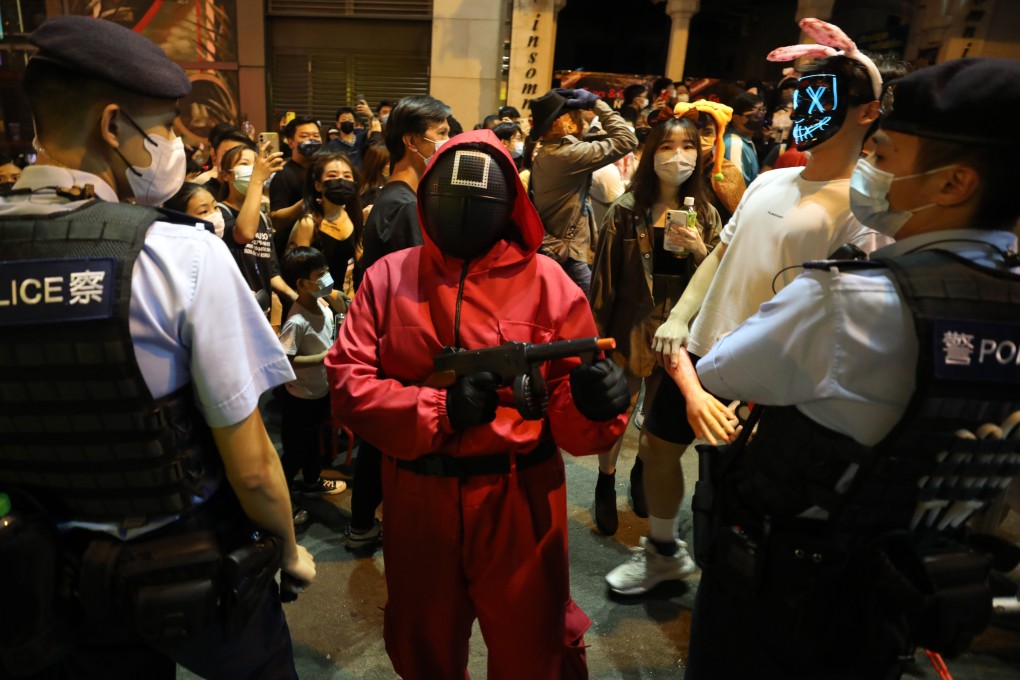Advertisement
Letters | Squid Game’s cry of despair must not be allowed to take root in Hong Kong
- The hit Netflix series tells a tale of desperate people in a highly unequal society scrambling for a slim chance to escape debt
- Young people who might see parallels between Squid Game and Hong Kong must be taught there’s still hope to build a better tomorrow
Reading Time:2 minutes
Why you can trust SCMP
0

I write in response to Jason Tang’s letter on Squid Game and your report on schools warning parents about its impact on children (“Squid Game warning issued by schools to parents after children as young as six years old act out scenes from Netflix smash hit”, October 30).
The series is set in a dystopian world where desperate people at the edges of society play a sequence of childhood games. There is only one winner at the end who will walk away with 45.6 billion won (US$38.5 million) in prize money, while the others get eliminated and die violent deaths. The games themselves are a mix of the innocence of childhood and the grisly deaths that failures bring.
I will say that Squid Game can have a deep impact on children as well as the youth of Hong Kong. Let’s look around us.
According to a 2018 Oxfam report, the city’s Gini coefficient – a measure of wealth inequality – has worsened. The total net worth of the wealthiest 21 people in May 2018 amounted to HK$1.83 trillion (US$245 billion), while the minimum wage in Hong Kong has not risen from HK$37.50 an hour since 2019.
Buying a house is just a dream for many in the world’s most expensive real estate market. Government statistics have revealed that more than 200,000 Hongkongers live in subdivided flats.
As per the latest government statistics, the underemployment and unemployment rates are 2.1 per cent and 4.5 per cent, respectively. The pandemic has severely affected the hospitality and retail industries, which usually employ casual workers at minimum wage.
Advertisement
